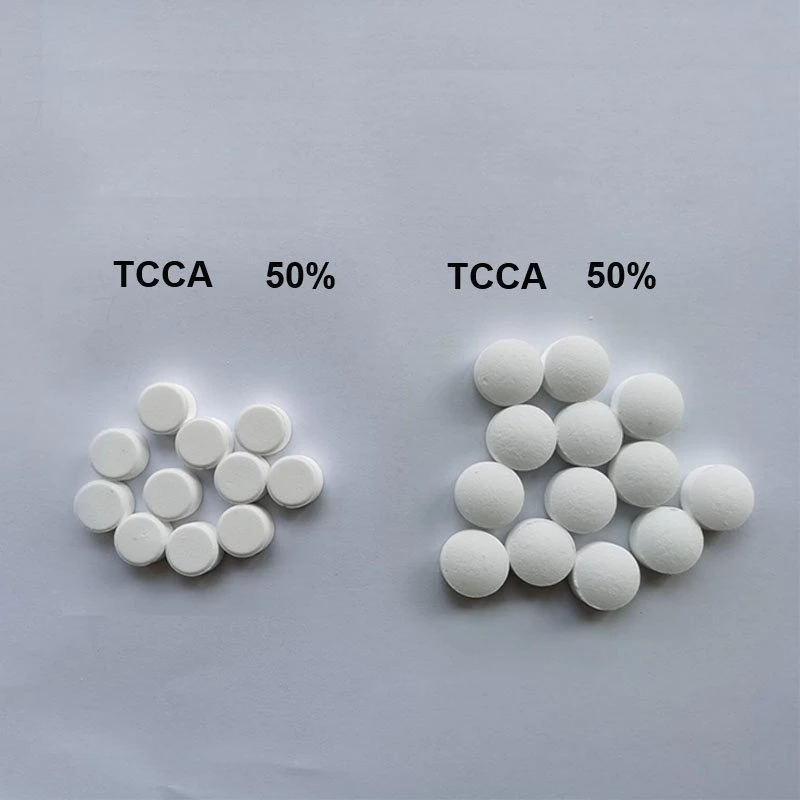



chlorine dioxide therapy
Chlorine Dioxide Therapy An Overview
Chlorine dioxide therapy has garnered attention recently as a controversial alternative treatment for various ailments, including infections and chronic diseases. Chlorine dioxide (ClO2) is a chemical compound known for its antimicrobial properties, primarily used in water treatment and sanitation. However, its application as a therapeutic agent for human health is a topic of significant debate and concern.
Proponents of chlorine dioxide therapy claim that it can help treat a variety of conditions, including COVID-19, malaria, and even cancer. Advocates assert that the compound can kill pathogens, purify the body, and improve overall well-being. They often promote products containing chlorine dioxide, sometimes referred to as Miracle Mineral Solution (MMS), suggesting that these solutions can lead to miraculous health benefits.
Despite these claims, scientific evidence supporting the efficacy and safety of chlorine dioxide therapy in humans is lacking. The U.S. Food and Drug Administration (FDA) and other health organizations have issued strong warnings against the use of chlorine dioxide for medical purposes. The FDA has stated that the ingestion of chlorine dioxide can lead to serious health risks, including nausea, vomiting, diarrhea, and potentially life-threatening dehydration and electrolyte imbalances.
chlorine dioxide therapy

In clinical settings, chlorine dioxide is used in much lower concentrations for disinfection purposes, such as sterilizing medical equipment and treating drinking water. The concentration used in such applications is far safer than the dosages promoted by proponents of chlorine dioxide therapy. The gap between safe industrial use and purported therapeutic benefits raises significant concerns regarding the potential harm of such treatments.
Moreover, individuals pursuing chlorine dioxide therapy may be diverting attention from proven medical treatments. Validated therapies for the conditions promoted by proponents of chlorine dioxide therapy are available and are backed by extensive research and clinical trials. By opting for unregulated and unproven treatments, patients may put their health at risk and miss out on effective, scientifically-supported care.
In conclusion, while the antimicrobial properties of chlorine dioxide are recognized in the context of sanitation and water treatment, its therapeutic use in humans remains highly questionable. The lack of credible scientific support, along with a range of health risks associated with its consumption, has led health authorities to advise against its use as a treatment option. Individuals seeking medical care for health issues should prioritize established treatments and consult healthcare professionals rather than relying on controversial and potentially dangerous alternatives. As with any health treatment, it's essential to prioritize safety and evidence-based practices over anecdotal claims, ensuring that patients receive reliable and effective care.
-
Why Sodium Persulfate Is Everywhere NowNewsJul.07,2025
-
Why Polyacrylamide Is in High DemandNewsJul.07,2025
-
Understanding Paint Chemicals and Their ApplicationsNewsJul.07,2025
-
Smart Use Of Mining ChemicalsNewsJul.07,2025
-
Practical Uses of Potassium MonopersulfateNewsJul.07,2025
-
Agrochemicals In Real FarmingNewsJul.07,2025
-
Sodium Chlorite Hot UsesNewsJul.01,2025










